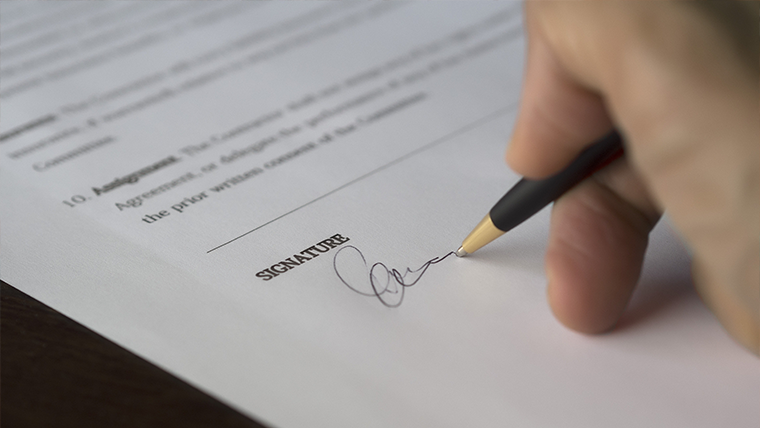
| 

You’d think it would be easy to prove your identity. Most of us like to think that everyone we come into contact with is honest, and that’s often the case. But when it comes to applying for jobs or dealing with government bureaucracy, nothing is taken at face value. Employers need to check up on the people who are applying to work for their company. Don’t take it personally if you have applied for a job and are asked to take along something to prove who you say you are – it’s standard practice. However, there are some forms of identity which are more useful than others.
Right to Work
The most common type of check in recruitment is a Right to Work check. As employers are hit with very heavy fines if they are found to be employing illegal workers, any decent employer will ask for proof of your nationality. The gold standard proof of identity in this case is your passport. You can only get a British passport after extensive government checks, and the same applies to passports issued by other countries too. Passports have your photo, and other details such as your full name and date of birth which can be matched against other documents which you have. If people from other countries have the right to work in the UK, they will usually have a visa stamped in their passport, and their status can be checked with the Home Office. Having a passport will make life a lot easier when it comes to dealing with bureaucracy.
DBS Checks
One of the other reasons you may be asked about identity is if you’re applying for a job which needs a disclosure check. DBS checks, which used to be called Criminal Records Bureau or CRB checks. These are mostly jobs which involve positions of financial responsibility, or caring jobs. There is a wide range of documents which you can use to verify your identity for a DBS check, but you will need more than just a passport. In addition, you may be asked for a driving licence and some documents which verify your financial history such as utility bills or bank statements.
Bank Accounts and Finances
Opening a bank account also requires you to prove who you are. Banks are constrained by money-laundering legislation and have to make sure they verify the identities of their customers. Most banks will ask for some form of official photo ID such as driving licence or passport and will match your appearance against the photo provided. They’ll also want to see something which shows your address, like a utility bill or letter from an official body like the Council. Most financial services providers will also run a credit check on you, and this looks at things like whether you’re on the electoral role, and whether you’ve defaulted on credit in the past. The good news is that you can look at your own credit score by signing up for one of the apps or websites which lets you monitor your score.


